Flotation technology, as an efficient mineral separation method, has played a significant role in resource development and environmental protection. A deep understanding of the intrinsic mechanisms of the flotation process and mastery of key influencing factors are crucial for improving flotation efficiency and reducing costs.
In terms of chemical factors, the selection and use of collectors and frothers are key to successful flotation. Collectors alter the surface properties of minerals to make them hydrophobic, allowing them to be easily captured by bubbles. Frothers reduce the surface tension of water, enabling the formation of stable bubbles that serve as a necessary carrier for the flotation of mineral particles. Additionally, pH value adjustment is an important means to modify the surface properties of minerals and optimize flotation performance.
Among physical factors, particle size and hydrodynamic conditions directly affect flotation efficiency. Fine particles have a larger surface area relative to their volume, resulting in fewer collisions with bubbles and thus slower flotation rates. Therefore, controlling the particle size distribution can enhance flotation efficiency. Meanwhile, the hydrodynamic conditions within the flotation machine, such as agitation speed, air flow rate, and pulp density, also affect the contact and attachment between mineral particles and bubbles, influencing flotation effectiveness.
Mineralogical factors mainly include mineral surface characteristics and the degree of monomeric dissociation. The surface composition, charge, and hydrophobicity of minerals determine their interaction with collectors, thus affecting their floatability. The degree of grinding and crushing of the ore affects the monomeric dissociation of the minerals, which is crucial for the effective separation of valuable minerals from gangue.
In terms of operational factors, the amount of flotation reagents used is an important factor affecting flotation performance. Appropriate reagent dosage can improve flotation efficiency, while excessive or insufficient reagent addition may lead to suboptimal flotation results.
Environmental factors should not be overlooked, as the use of chemicals during the flotation process and water consumption have a significant impact on the environment. Therefore, the development of environmentally friendly flotation agents and reduction of water consumption are important directions for the advancement of flotation technology.
the flotation process is a complex system affected by various factors, and achieving efficient flotation requires careful regulation and optimization of these factors. With the progress of science and technology and the development of research, flotation technology will continue to improve, making greater contributions to the development of the mineral processing industry and environmental protection.
- Random article
- Popular articles
- Popular comments
- Gravity beneficiation process for iron ore
- Nickel ore magnetic separation+flotation combined process(Sulfide ore)
- Processing Lithium Ore: Artificial Selection, Gravity Separation, Flotation
- Radioactive beneficiation and flotation process for uranium ore
- Zirconium Ore Separation: Gravity and Magnetic Methods
- Chromium Ore Gravity Separation and Flotation Process
- Chromite Processing: Gravity, Magnetic, and Flotation Separation




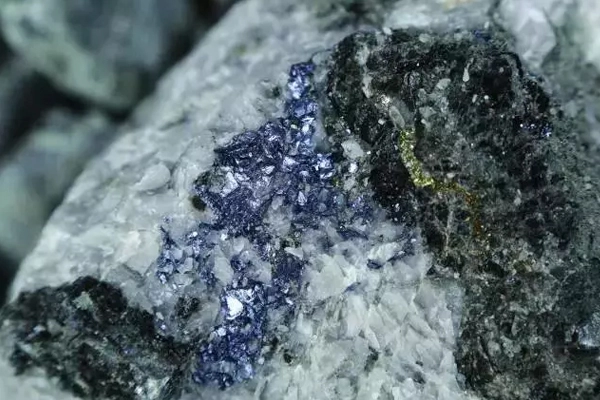

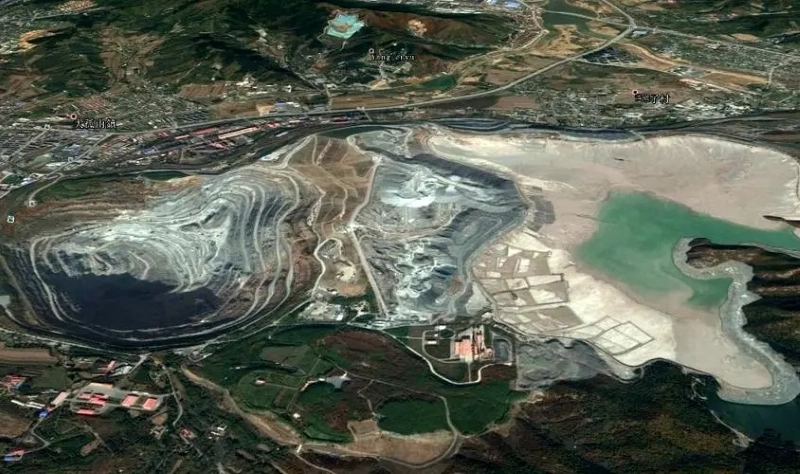
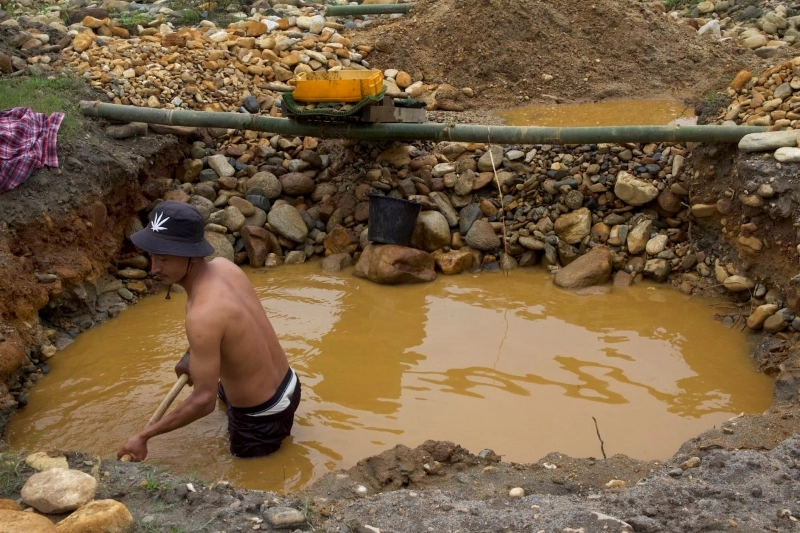

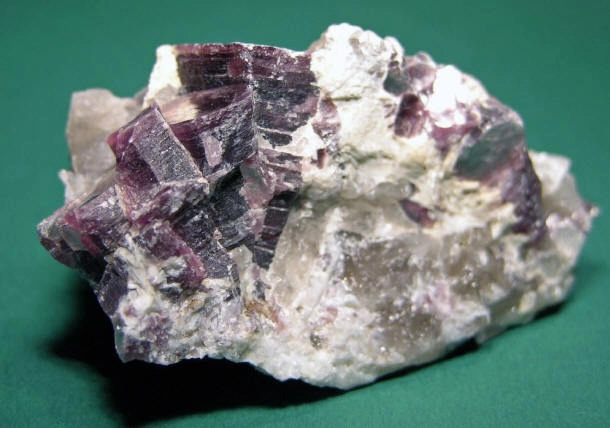

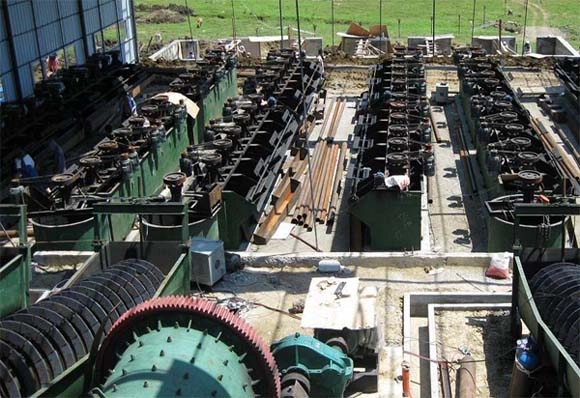
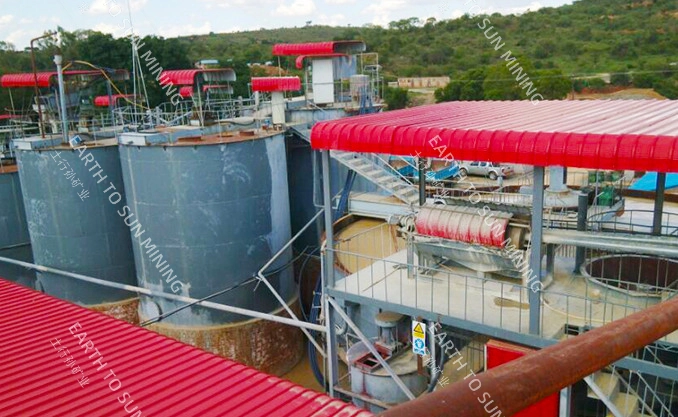
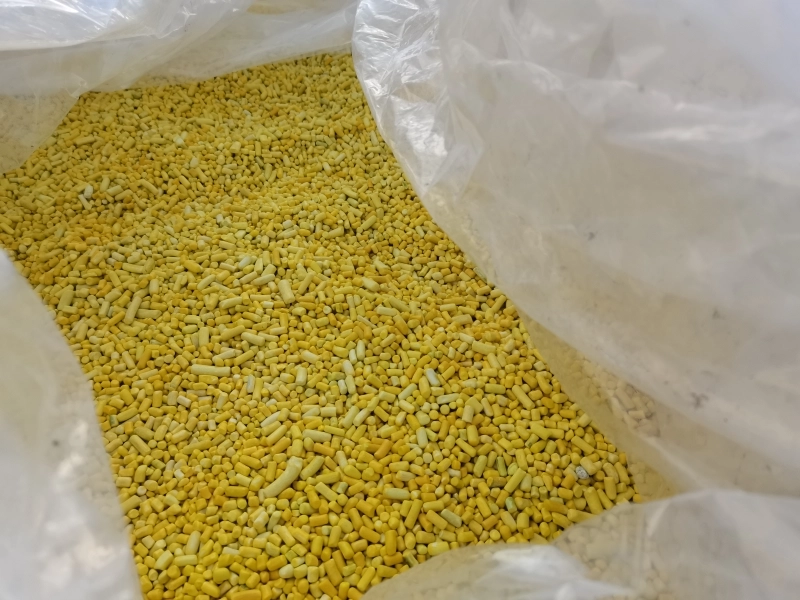
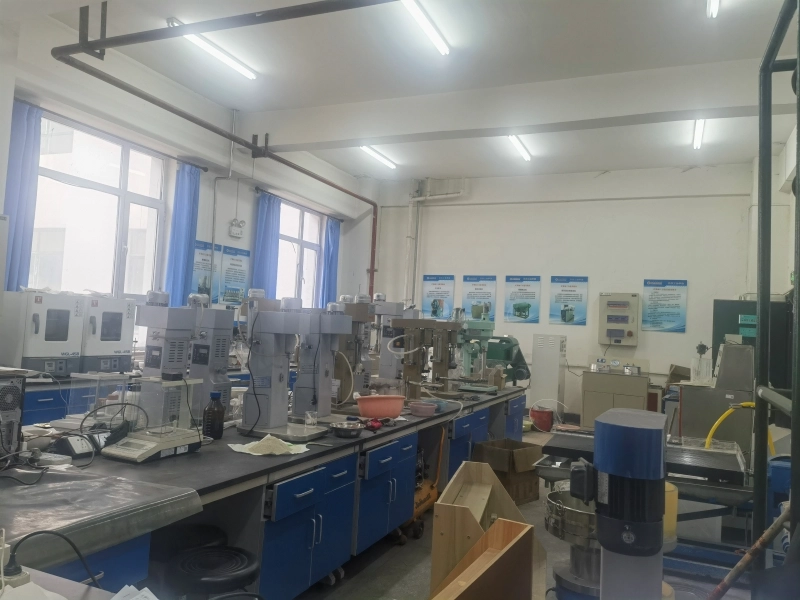

Leave a message with your needs or comments
Add comment: